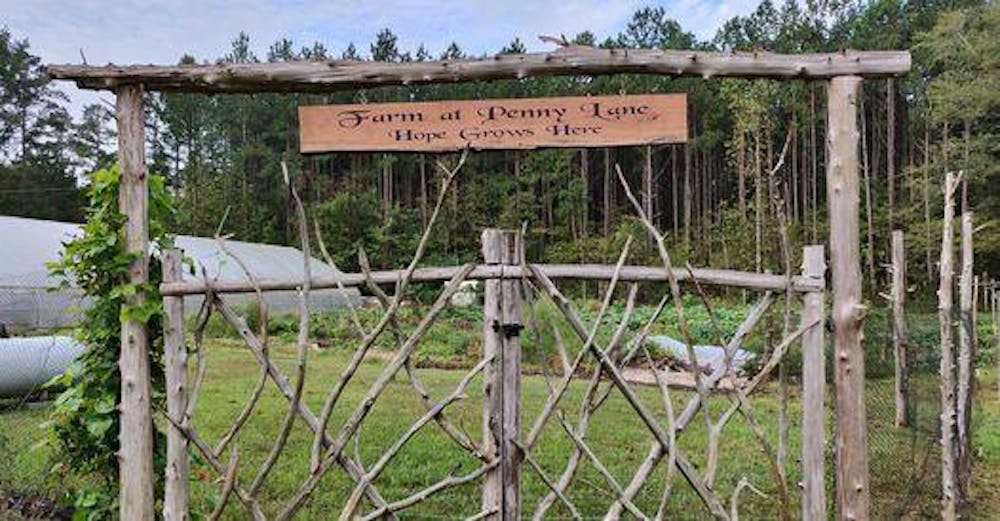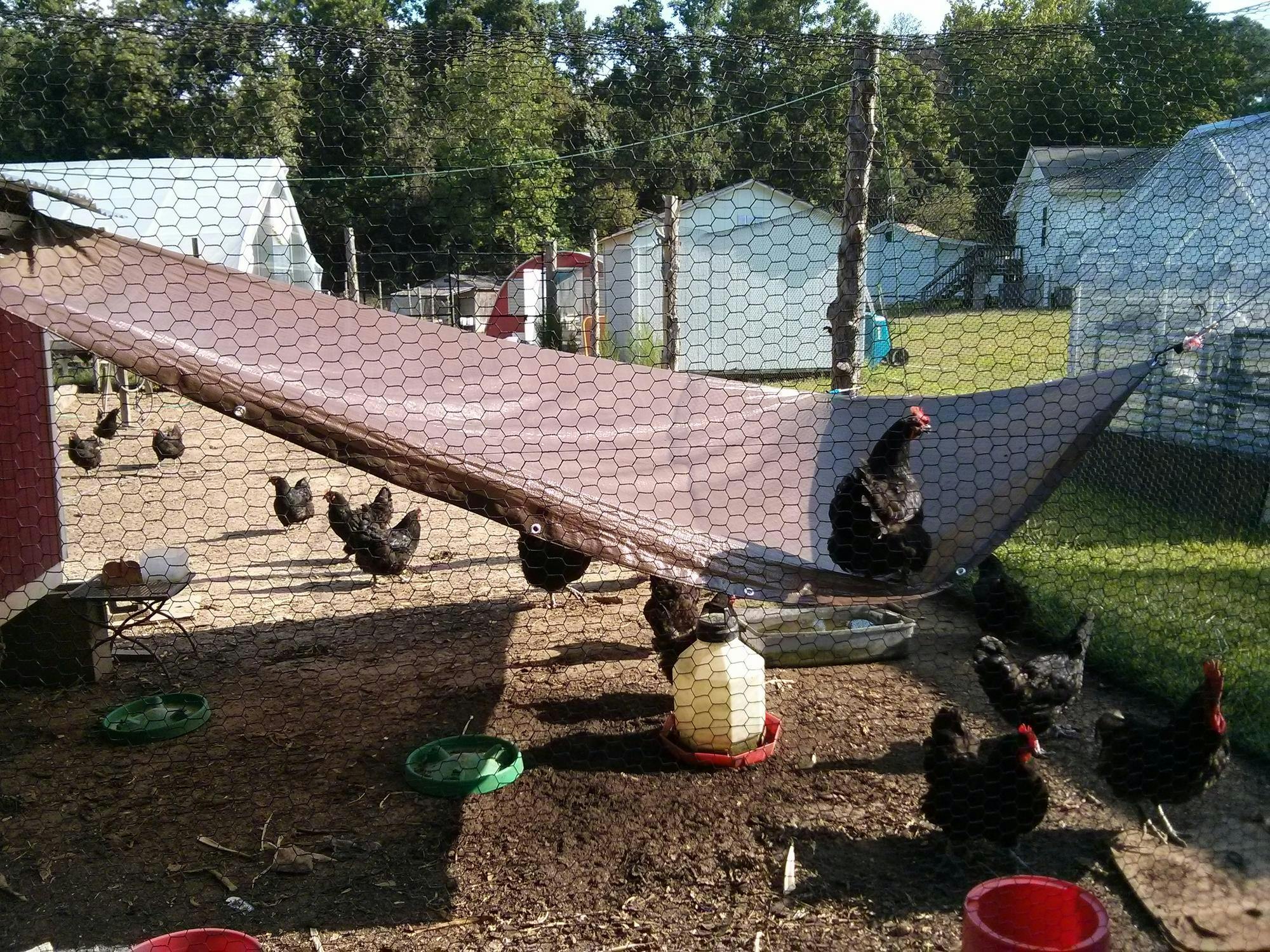This article is part of the Mental Health Collaborative, a project completed by nine North Carolina college newsrooms to cover mental health issues in their communities. To read more stories about mental health, explore the interactive project developed specifically for this collaborative.
Hope Grows Here.
That is the motto of the Farm at Penny Lane, which is located on 40 acres in northern Chatham County and has provided an inclusive and safe space for individuals diagnosed with a serious mental illness since 2012.
“We see it as sort of an intervention within someone’s recovery journey, that if they would have a place to do all these things, to explore where they can find joy, where they can find these meaningful relationships," Matt Ballard, the farm program manager, said. "And we see these as positive health outcomes that medical institutions can offer their patients."
Ballard said that before participating in activities, clients — referred to the farm by either mental health professionals or themselves — first meet with him individually.
The farm tries to keep the process easy and flexible to make clients feel more comfortable, and they do not request any medical documentation about their diagnosis or request payment for services, he said.
The farm offers a variety of programs in partnership with the UNC Center for Excellence in Community Mental Health and the nonprofit XDS Inc., including horticulture therapy, animal-assisted therapy, music, cooking, expressive arts and yoga. The programs are meant to be complementary to traditional treatment, according to their website.
Melissa Lowell, co-facilitator of the art and creative writing programs, said the farm's Brushes with Life program engages in therapeutic art across mediums — from fiber art to painting and collages — either individually or as a group.





